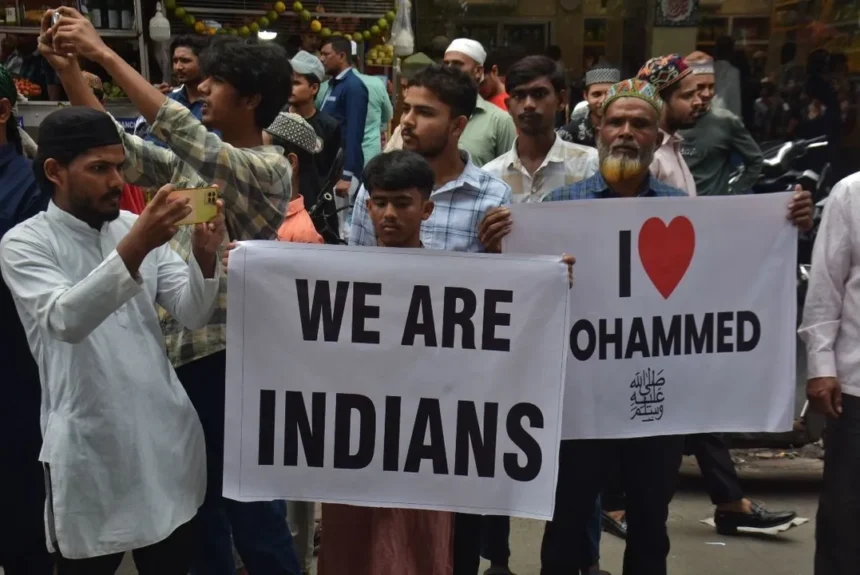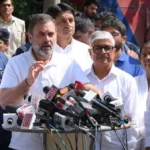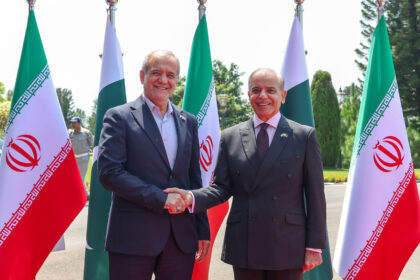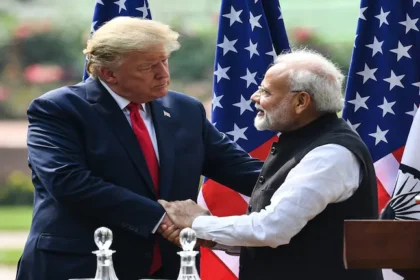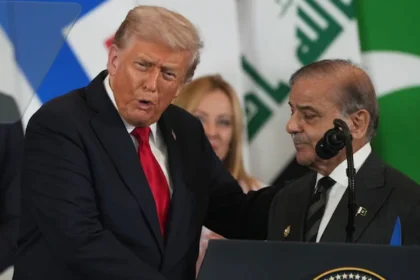India’s so-called “bulldozer justice” has taken a disturbing turn as Muslims are punished for saying “I Love Muhammad.” Homes are being razed and hundreds charged under communal laws — a move critics say reflects the growing criminalisation of Muslim faith and shrinking space for religious freedom in BJP-ruled states.
Across several states ruled by India’s Bharatiya Janata Party (BJP), a chilling pattern has emerged — Muslims who publicly express their love for the Prophet Muhammad are being met not with tolerance, but with arrests, raids, and even the demolition of their homes.
What began as a simple slogan — “I love Muhammad” — displayed on banners, shirts, and social media during Eid-e-Milad-un-Nabi, has snowballed into a state crackdown that rights groups say criminalises peaceful religious expression.
From Banners to Bulldozers
The controversy first flared up in Kanpur, Uttar Pradesh, when a banner reading “I Love Muhammad” appeared during the Prophet’s birthday procession. Instead of being seen as a devotional message, authorities registered multiple First Information Reports (FIRs) under sections like 153A of the Indian Penal Code — a law meant to prevent incitement between communities.
According to the Association for Protection of Civil Rights (APCR), by late September, 21 FIRs had been filed across BJP-governed states, implicating over 1,300 Muslims and leading to at least 38 arrests. In Uttar Pradesh alone, 16 FIRs named over a thousand accused.
In Uttarakhand, Gujarat, Maharashtra, and Telangana, similar cases followed — all involving Muslims charged or harassed for using the same phrase: “I love Muhammad.”
“Targeting people for expressing love and respect for the Prophet is a gross violation of fundamental rights,”
— Nadeem Khan, APCR National Secretary.
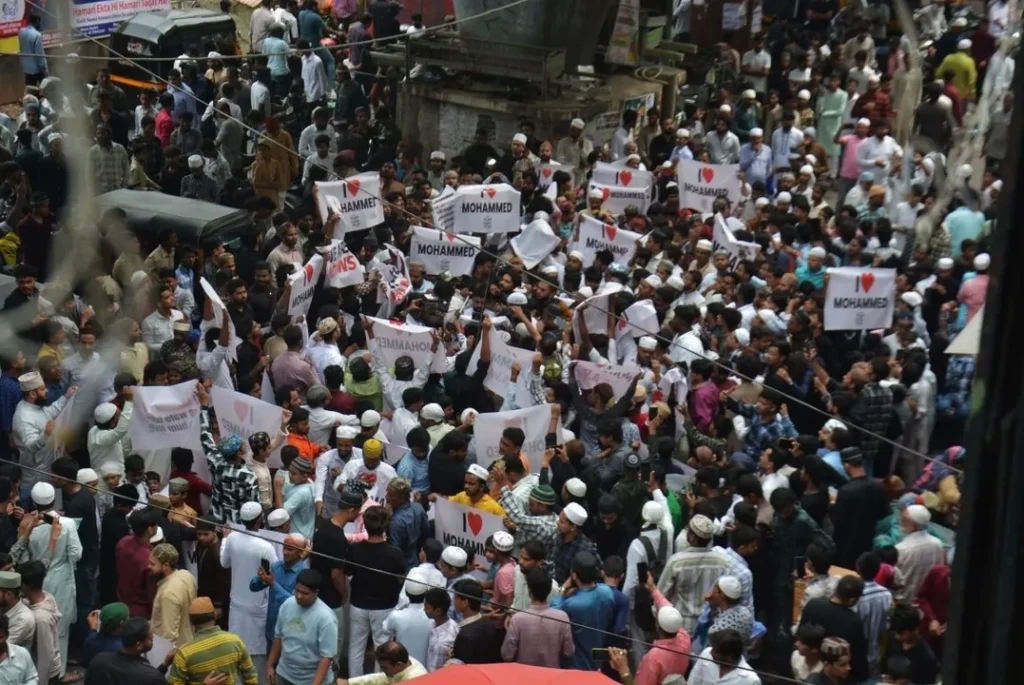
Criminalising Faith
Videos from the processions show young Muslim men holding placards and chanting peacefully. Yet, police filed cases alleging potential communal provocation — despite no evidence of violence.
Human rights organisations, including Amnesty International India, have condemned these actions as unconstitutional.
“It’s absurd that the state targets people for saying ‘I love Muhammad’. Such speech doesn’t meet any threshold for criminal restriction under Indian or international law,”
— Aakar Patel, Chair, Amnesty International India.
‘Bulldozer Justice’ in Action
The response escalated in Bareilly, Uttar Pradesh, when protests around the slogan led to clashes on September 26. Authorities swiftly moved to demolish several buildings linked to the accused, including a banquet hall belonging to Dr. Nafees, a close aide of regional politician Maulana Tauqeer Raza Khan.
Officials claimed the demolitions were “routine legal actions,” but families say they were punished without notice or due process.
“If we had received notice, we would’ve saved our belongings. We’ve lost property worth crores,” said one caretaker of a razed site.”
In Gujarat’s Bahiyal region, authorities labelled 186 structures ‘illegal’ and demolished 178, following online posts supporting “I Love Muhammad.” Residents describe the actions as “collective punishment,” carried out through late-night raids without prior warnings.
India’s Supreme Court has previously criticised such “instant demolitions” — a hallmark of BJP-ruled states — warning they disproportionately target minorities and violate the rule of law. Despite that, bulldozers continue to roll into Muslim neighbourhoods.
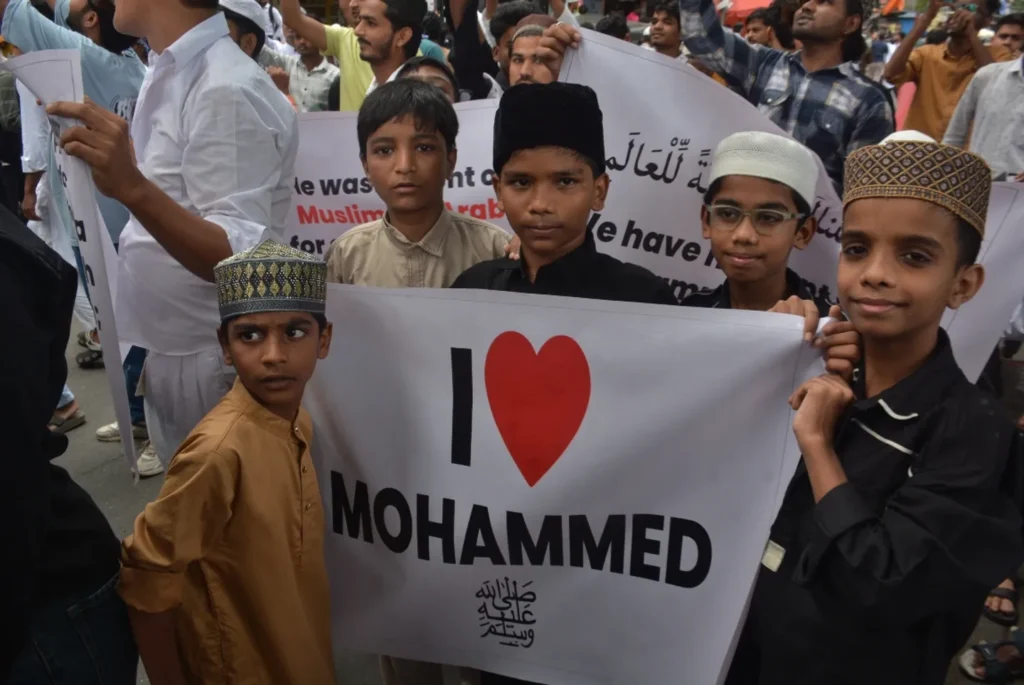
Eroding Constitutional Freedoms
Legal experts say these actions strike at the heart of India’s constitutional guarantees.
“The slogan ‘I love Muhammad’ is a legitimate expression of faith,” explained Prasouk Jain, a Delhi-based constitutional lawyer. “Punishing such speech is disproportionate and unconstitutional unless it poses a clear threat to public order — which it doesn’t.”
Rights advocates argue this crackdown is part of a wider erosion of Muslim identity and freedom of religion under India’s current political climate.
A Shrinking Space for Muslim Identity
The use of bulldozers as instruments of punishment — often cheered by ruling party supporters — has become symbolic of a state apparatus that equates dissent and faith-based identity with guilt.
“Bulldozer justice” has turned from a metaphor into a policy tool, critics say — one that bypasses courts, replaces legal accountability with spectacle, and deepens the alienation of India’s 200-million-strong Muslim community.
Civil society groups are now urging judicial intervention, warning that such actions threaten not just minority rights, but the very foundations of India’s secular democracy.
“When peaceful devotion becomes a crime, and love for one’s Prophet leads to loss of one’s home,” wrote journalist Bibhu Pattnaik,
“it’s not just religious freedom that’s at stake — it’s the soul of India itself.”
Discover more from JUST UNTOLD STORY
Subscribe to get the latest posts sent to your email.




